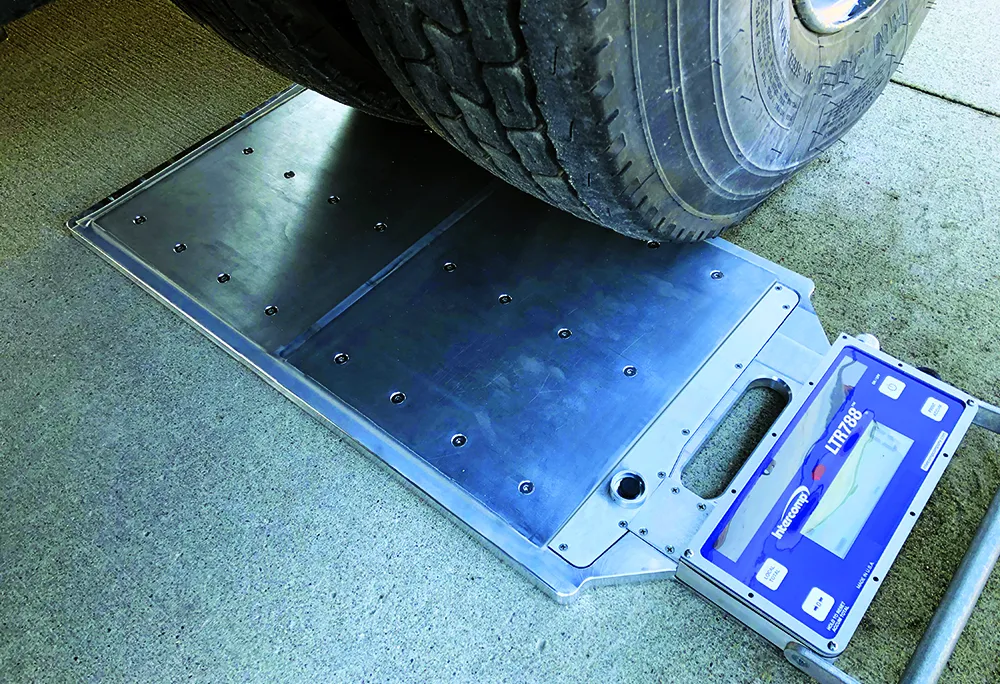657 Kistler will use Intertraffic Amsterdam to highlight a major Weigh-in-Motion (WIM) innovation that has already won accreditation from the International Organisation of Metrology (OIML).
As the company points out, to address the ever increasing problem of pavement damage caused by heavy transport, WIM systems employing Kistler quartz sensors have been delivering valuable traffic data for many years. There is also a long tradition in using WIM for preselection of overloaded vehicles. However, the chain has been missing the last link that would allow the implementation of automatic enforcement, based on vehicle weight data, to introduce toll-by-weight models in a free-flow environment or to obtain legally compliant trading data for invoicing industrial goods loaded on trucks by weight. This growing demand for certified WIM systems accredited according to international standards has been recently met by Kistler’s OIML-certified WIM technology.
Kistler is the first WIM manufacturer to have received the International Organisation of Metrology (OIML) R-134 certificate for vehicle weighing with strip sensors. Supported by this certificate, the company’s WIM systems based on maintenance-free Lineas quartz WIM sensors and the Kistler WIM data logger can now be used for legal applications.
In the world of international WIM standards, the company says there is a significant difference in the definition of the accuracy classes. While COST323 and ASTM E1318 state that only 95% of WIM measurements need to fulfil the declared accuracy, the OIML requires all (100%) measurements to be in the requested accuracy class. The Kistler WIM system meets OIML accuracy F5 meaning that for initial verification all errors are below ±2.5 % and during standard operation the system has a measurement error smaller than ±5%.











